carbon-new2
carbon
carbon
Vodafone is committed to achieve net zero emission for our operations by 2030, and for our full carbon footprint by 2040 Commercial success does not need to cost the environment.
Through our commitment to halve our environmental impact, we aim to ensure a sustainable future for all. Our focus on energy efficiency, renewable energy supply, and network waste will help us to mitigate the environmental impact of our growth as well as our customer’s increasing demand for data.
Vodafone commits to reducing the company’s total global carbon emissions to ‘net zero’ by 2040. With that in mind, the company’s 2030 carbon reduction targets have been approved by the Science Based Targets initiative: in line with COP26’s On Life Support' goal - limiting global warming to 1.5 degrees Celsius.
By 2030, Vodafone will eliminate all carbon emissions produced as a result of the company’s operations; that includes the company’s activities as well as the energy it purchases and uses (Scope 1 and 2). Vodafone will also halve carbon emissions produced by Scope 3 sources, such as joint ventures, all supply chain purchases, sold products, and business travel. Furthermore, by 2040, Vodafone will eliminate scope 3 emissions - leaping ten years towards Vodafone’s original 2050 goal to reach net zero across the company’s full carbon footprint.
To reach the 2040 target, Vodafone Egypt needs to cut down its emissions by 50%. This means reducing the emissions from 285,799-ton to 142,899.5-ton.
Vodafone’s Actions & Initiatives
Supporting Others to reduce their Impact – E-Tadweer
Supporting Others to reduce their Impact – E-Tadweer Vodafone Egypt in partnership with the Ministry of Environment launched ‘E-Tadweer’ application with the aim to develop a sustainable mechanism of collecting electronic waste and providing an economic incentive. E-Tadweer works on reducing health risks, creating job opportunities and giving tangible as well as realistic models for the evolving green economy.
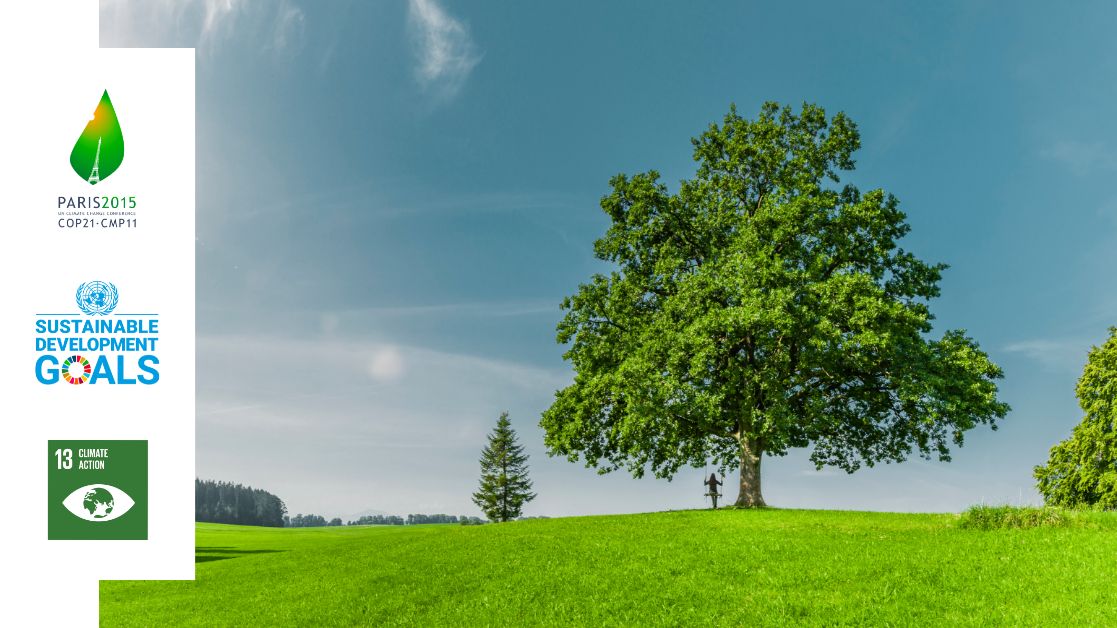
Plastic Elimination (offices - retail stores) - output: CO2 Emission Reduction
Eliminated all non-essential and disposable plastic across all retail stores and offices in March 2020 .

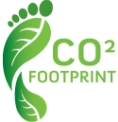
VODAFONE FOOTPRINT REPORT
Vodafone Egypt released its first annual carbon footprint report in 2018. The findings of the report were set as the baseline for our future Green House Gas (GHG) reporting. 285,799 tons of GHG /year
Objectives:
• Assess the company’s collective activities and GHG emissions.
• Define mitigation actions and scenarios.
Vodafone Digital Carbon Clock
The first digital decision-support tool designed to provide dashboards on monthly basis.
Objective:
The tool facilitates measuring and monitoring our GHG emissions for all activities on monthly basis.

Our Initiatives
Recycle Paper Retail Bags
After assessing the usual waste produced due to plastic retail bags, Vodafone retail bags are now produced with recycled paper.
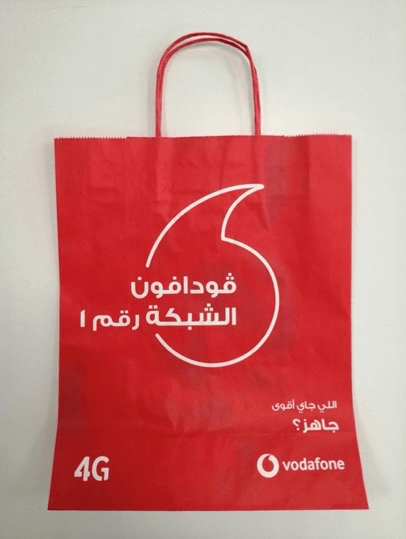
Eliminating Paper waste
Vodafone took it upon itself to reduce its paper consumption for daily operations. The company shifted from traditional paper receipts and queues to fully digital retail receipts and retail queues.
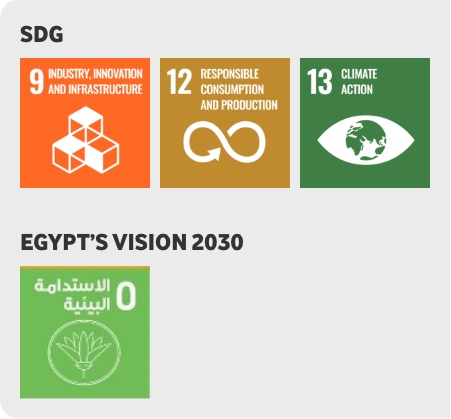
Reusable Water Bottles
With the aim to reduce CO2 emission, Vodafone eliminated the use of plastic cups; saving 7.5M plastic cups per year.
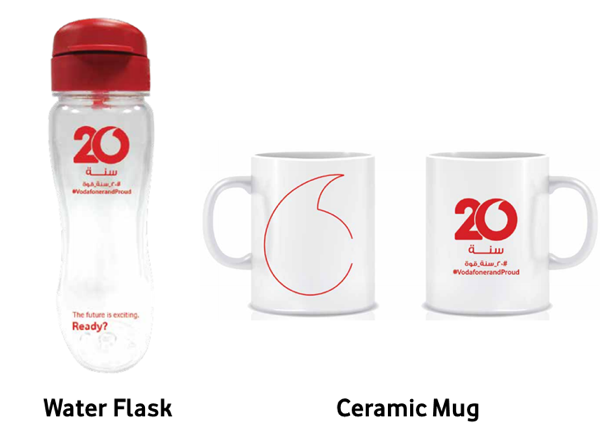
BariQ Plastic Bottles Recycle Campaign
output: CO2 Emission Re
In order to reduce CO2 emission, the company collected plastic bottles from all employees in segregated baskets and sent them to BariQ recycling company to be transformed into eco-friendly materials such as bamboo, cardboard and sustainable woven fibers. BariQ was the chosen as a partner for this initiative as it is the biggest bottle to bottle recycler of polyethylene terephthalate pellets in Egypt and MEA region.
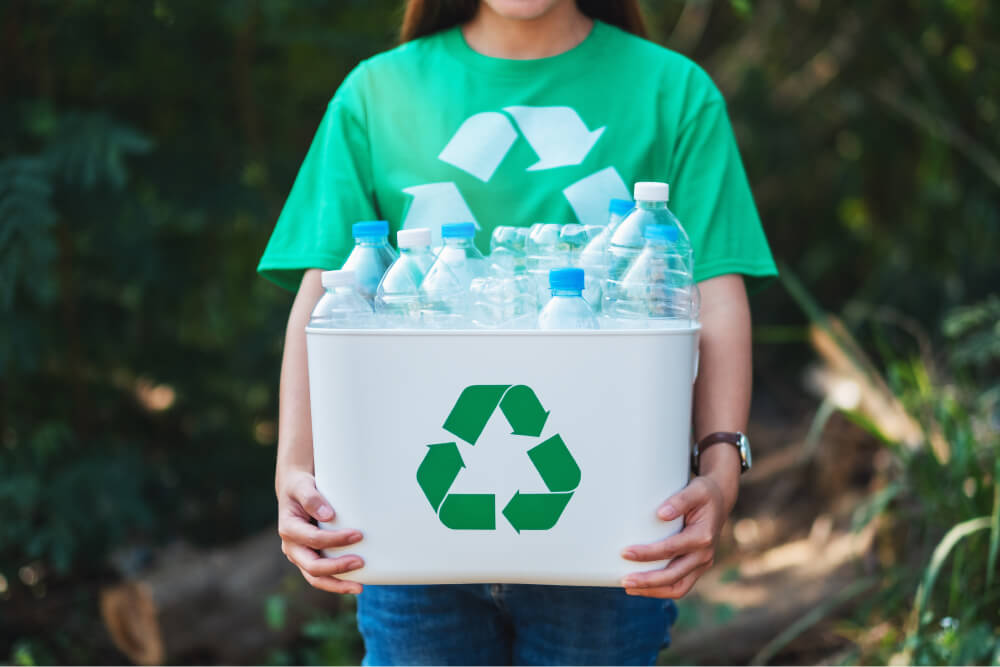
Replacing plastic trash bags
Vodafone replaced plastic trash bags with Bio-degradable plastic bags at the company’s HQ in Cairo, MTXs and stores to reduce CO2 emissions.
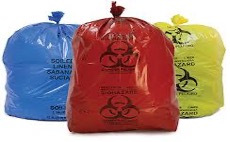
Replacing Disposable Face Tissues with Hand Dryers
Big changes are only possible with small actions. Seeking ways to reduce CO2 emissions produced during daily activities, Vodafone replaced the disposable face and hand tissues in building C2 with hand dryers

Buildings LED Lighting Transformation
Old fluorescent fixtures were replaced by LED. This simple shift helped achieve 26% electricity consumption reduction and 48% CO2 emission reduction across VF buildings. On the other hand, it has resulted in 7% electricity consumption reduction and 34% CO2 emission reduction across VF MTXs. The transformation also led to the reduction of 167 ton per year at Mokattam Building. Moreover, it led to 7% electricity consumption reduction and 34 % CO2 emission reduction 244 ton per year at MTXs.
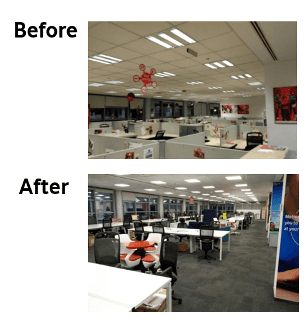
Water Optimizer Taps
With water being a precious resource, Vodafone installed 450 optimizer taps to save 50% of regular wastewater as well as110 ton of CO2 emissions per year.
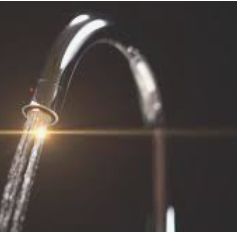
HQ Water Cooled Chiller
Vodafone installed water cooled chillers to reduce 1.2K tonof CO2 emissions per year as well as reduce power consumption by 30%.

Air Cooled Chiller Adiabatic Cooling
The company installed adiabatic cooling with the aim to reduce 32% of overall power consumption as well as 200-ton of CO2 emissions per year.
CCUs Replacement (38 CCU)
MTXs Chiller Replacement (9 Chillers)
Vodafone Egypt is committed to 100% depend on renewable energy by 2025
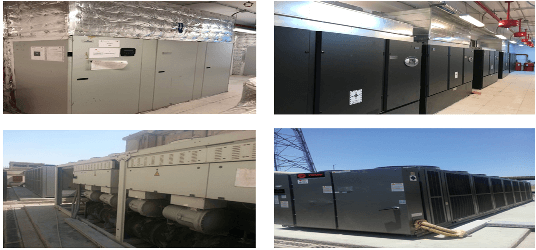
Solar Stations
Vodafone proudly built the first solar-powered building in Beni-Suef Governorate. This milestone helped generate 124MWH per year for data centers. Moreover, it has reduced CO2 emissions by 71 tons per year.
C2 & C3 Solar PV Project:
The C2 & C3 solar PV project has successfully generated 332 MWH of renewable electricity per year. On the other hand, it has reduced annual CO2 emissions by 135 tons.
C2 & C3 Solar PV Project - output: CO2 Emission Reduction 163,800 KWH Yearly Committed Energy that substitute 7 % from C2 yearly total energy and 168,400 KWH Yearly Committed Energy that substitute 9 % from C3 yearly total energy.
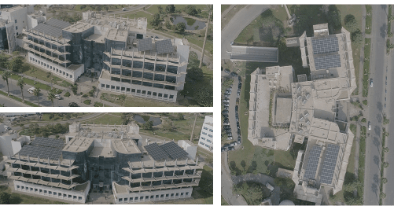
Service Operations
Optimizing our operations to keep up with our top-notch services, the company initiated a batteries modernization initiative to achieve CO2 emission reduction.

Social Activities - Passion4Action
In line with the company’s commitment to fulfill its social responsibility, Vodafone organizes an annual Ecofriendly Bazar and planet week in collaboration with #Passion_4_Action. Amongst the activity’s highlights is a number of awareness sessions about plastic recycling.
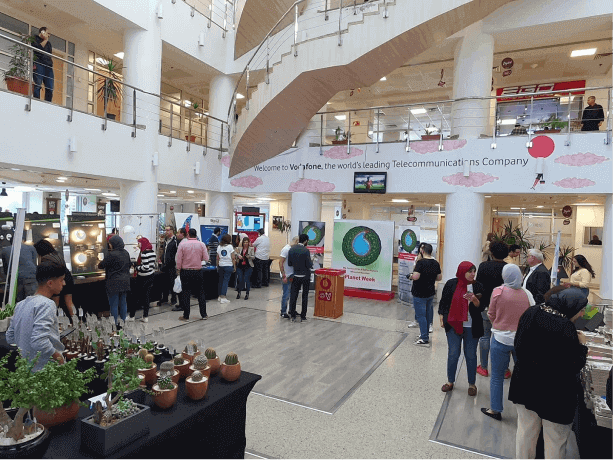
Wadi Degla cleaning campaign
With an intuition with mix good deed with fun, Vodafone participated in Wadi Degla’s cleaning campaign in partnership BariQ and EWFB foundation. 80 volunteers – including company employees – worked together to collect 42 KG of plastic as well as 16K bottles.
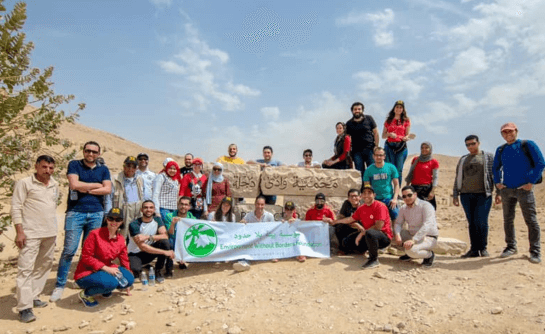
Earth Hour
In time for the global annual occasion, Vodafone joined millions around the world in turning off all lights in support of our environment and the wellness of nature.
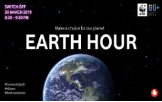
2018 UN Biodiversity Month
Vodafone took it upon itself to raise public awareness through organizing sessions for 50 students about biodiversity and environmental behavior. Participants were selected from Vodafone Egypt Foundation’s Knowledge Is Power Schools in Upper Egypt; including Fayoum, Suhag and Luxor in partnership with the ministry of Environment

Green Team
One of Vodafone’s many initiatives, the green team consists of ambassadors from each function that meet regularly to discuss environmental challenges and ideas for solutions.

Training in Energy Efficiency
In light of our commitment to attain energy efficiency and reduce our environmental footprint, Vodafone Egypt provided training programs to a number of its employees to support their upskilling and improve the company’s energy performance.

